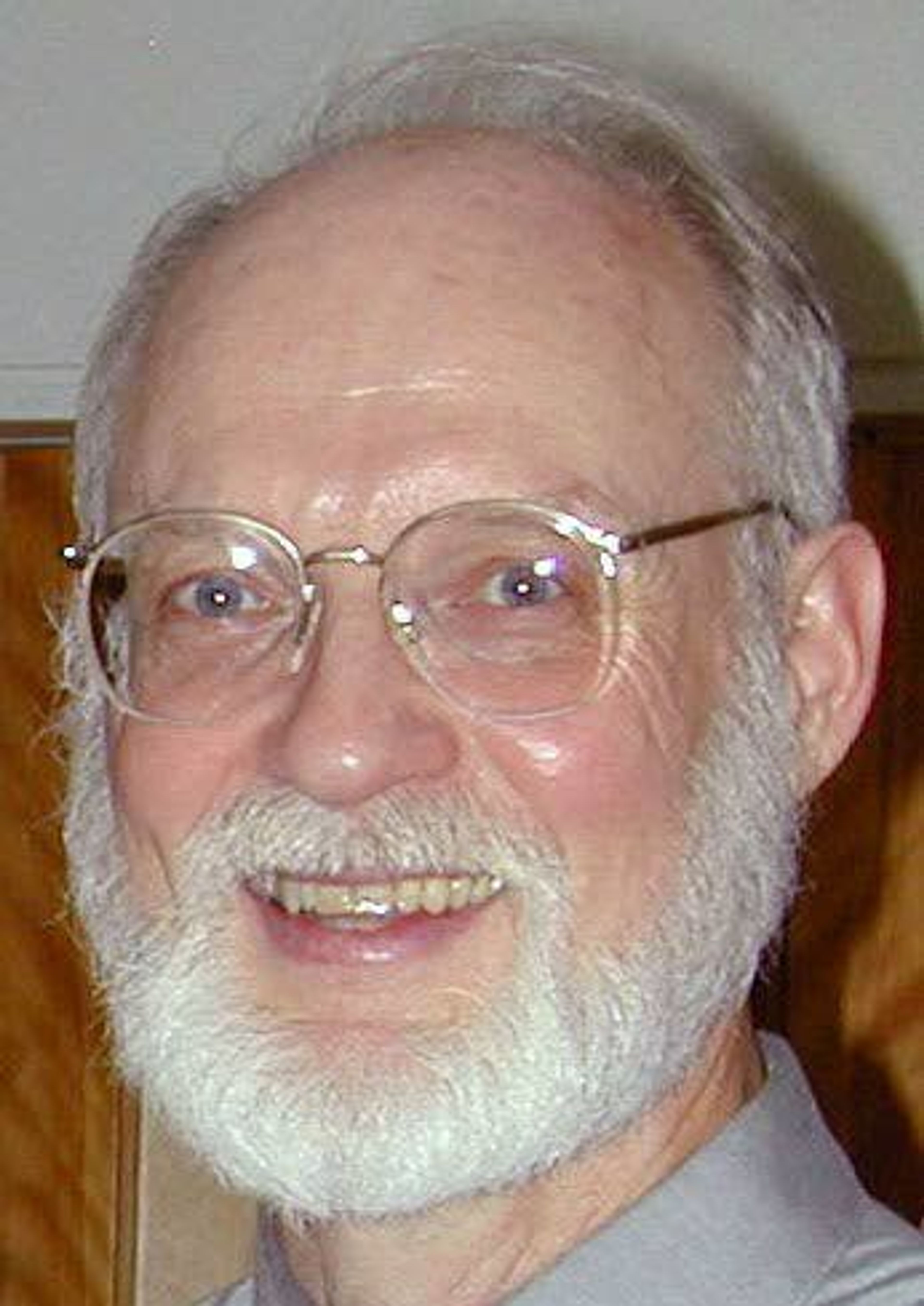New PAC zeros in on criminal justice
Idaho committee wants to reduce repeated crimes related to substance abuse
A lot of the conversation around the coming election has been centered on out-of-state funding. And while it’s true there’s an influx of outside money, there’s also a new political action committee that’s based in Idaho and its donations are supporting campaigns across the political spectrum.
The Idaho Families PAC, which has received over $1 million, has one reported contributor, Joe Scott — the grandson of Albertsons founder Joe Albertson, according to campaign finance data. The PAC has a singular focus: criminal justice and substance use treatment reform.
“Drug addiction touches so many of us in Idaho, and this is a local problem and we think that we can bring a local solution to try and move the needle on drug overdose deaths, drug incarceration and post-incarceration reentry into the communities,” PAC chairperson Emily McClure said in an interview.
McClure is an attorney and lobbyist and the granddaughter of a former U.S. senator from Idaho, Jim McClure.
The PAC has donated $1,000 each to 19 legislative campaigns that include several Democrats, such as House and Senate minority leaders Rep. Ilana Rubel and Sen. Melissa Wintrow, and ultra-conservative Freedom Caucus members such as Reps. Elaine Price, R-Coeur d’Alene, and Tony Wisniewski, R-Post Falls. It also donated $1,000 to Canyon County prosecutor candidate Chris Boyd. The committee was formed this year.
The candidates were chosen based on who the group believed were aligned with the PAC’s goals, Emily McClure said, which are to reduce the rates at which people go back to prison after serving their terms, known as recidivism, and to improve treatment options for substance use disorder and behavioral health.
“Idaho has a growing substance use problem,” McClure said. “Our overdose deaths continue to rise, our incarceration rates are among the highest in the country. It’s also really expensive for taxpayers to continue to fund this but we’re not getting a very good return on our investment.”
A 2023 report from the Idaho Department of Corrections found that 37% of the state’s incarcerated population were sentenced on drug charges.
She said the group, which include families that have been affected by substance abuse and incarceration, wants to see the state focus on improved reentry and employment programs for those leaving prison as well as addiction treatment.
The group wants to see the types of policies that have been implemented in other states that have yielded positive results.
“The bottom line of this is we can’t arrest our way out of this problem and spend more on prisons while doing nothing different and expect anything to improve,” McClure said.
These policies don’t include mandatory minimum prison sentences, she said.
In April, the PAC reported spending $14,727 in advertising to support incumbent Rep. David Cannon, R-Blackfoot. He is a criminal defense attorney who spoke at length in opposition to bills creating mandatory minimums for fentanyl proposed the last two sessions. However, despite debating against it, he ended up voting in favor of this year’s fentanyl trafficking bill that was passed into law despite a number of concerns about it.
Lawmakers faced intense pressure to pass HB 406 this year, BoiseDev reported, and prompted a letter from the Idaho secretary of state and attorney general warning against threats and bribes.
Cannon is facing Josh Sorenson, who is a former educator, health administrator and education and field director for Congressman Mike Simpson, in the Republican primary for his House seat in District 30.
Cannon did not respond by press time.
Another beneficiary of the PAC is Rubel, who last year with co-sponsor Rep. Clay Handy passed the Clean Slate Act. Rubel has also sponsored and passed through the House legislation that would amend Idaho’s mandatory minimum drug sentences to allow for judicial discretion.
Rubel said she worked with McClure and met with Scott on legislation regarding reforming mandatory minimum sentences, although she did not hear from the PAC before receiving a donation.
In 2019, Rubel’s bill, which she co-sponsored with former Idaho Falls Republican Rep. Bryan Zollinger, passed the House but was not given a hearing in the Senate.
The same thing happened to Rubel’s legislation on the issue the prior year. Rubel has been working on the issue for around seven years, she said.
Idaho’s laws do not require showing intent to distribute to be considered “trafficking” and instead rely on the amount possessed, which can include a mixture. For instance, marijuana brownies would count as the entire weight of the brownies under the current law.
Senate Judiciary and Rules Chairperson Todd Lakey, R-Nampa, had said at the time that he would not give the bill hearings. Lakey sponsored the 2024 bill that added mandatory minimums for fentanyl.
“It’s very frustrating to me that we seem to be moving in the opposite direction,” Rubel said.
The Clean Slate law allows records to be shielded for some who committed nonviolent and nonsexual offenses and didn’t reoffend for five years. The law doesn’t pardon the crimes, but blocks the records from public viewing with the goal of improving access to housing and employment.
During the committee hearing on the bill, University of Michigan law professor J.J. Prescott, who researches shielding laws, testified that these types of programs help reduce recidivism and improve outcomes for the individuals. He said the two primary causes for recidivism are unemployment and lack of housing.
IDOC has implemented programs with the aim of improving reentry and reducing recidivism. Since 2014, the state has invested $62.8 million in response to the law Justice Reinvestment in Idaho (JRI). There have been reported improvements from the investments, including savings on the cost of supervision and a lower current prison population than original forecasts.
But a 2023 report on progress made with the programs found that the state continues to have high rates of recidivism. The most recent three-year rate was 35.7%, an increase from the 2010 rate of 34%.
The report found, “The recidivism rate indicates a need for development of more resources that will help reduce risk through addressing the needs of each person under IDOC supervision.”
Guido covers Idaho politics for the Lewiston Tribune, Moscow-Pullman Daily News and Idaho Press of Nampa. She may be contacted at lguido@idahopress.com and can be found on X @EyeOnBoiseGuido.








